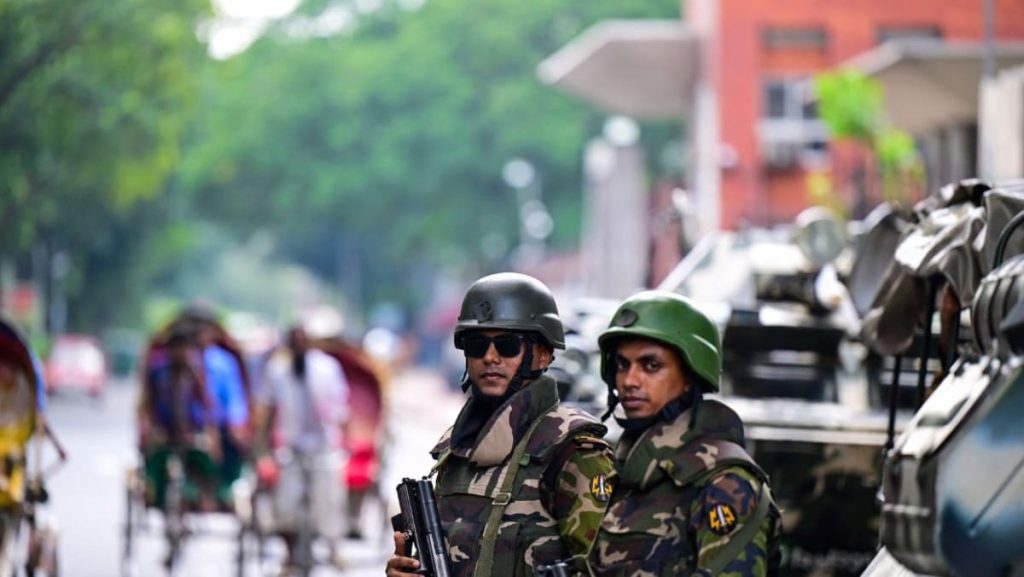Criticism has been levied against the government in Bangladesh for its use of force against protesters and its lack of respect for the right to peaceful protest. Prime Minister Sheikh Hasina has been accused of becoming increasingly autocratic during her 15 years in power, with allegations of mass arrests, forced disappearances, and extrajudicial killings against political opponents and activists. Despite denying these charges, Hasina’s government has faced backlash from international organizations and countries regarding its handling of protests.
The protests that sparked in June were in response to a high court decision that ordered the restoration of quotas in government jobs, including reservations for families of veterans of the 1971 war for independence from Pakistan. The response from police was harsh, with the use of rubber bullets, tear gas, and sound grenades to disperse the crowds of tens of thousands flooding the streets. The situation escalated quickly, drawing attention and concern from various groups about the government’s handling of the protesters.
After the Supreme Court’s decision to scrap most quotas on July 21, students leading the protests agreed to pause their agitation. This move opened up 93 percent of jobs to candidates based on merit, a significant victory for the protesters. The government acknowledged that the student-led movement was mostly peaceful and issue-specific, pointing blame instead at opposition parties like the Bangladesh Nationalist Party and the Jamaat-e-Islami party, who denied any involvement in the violence.
The students, satisfied with the outcome of the Supreme Court ruling, decided to call off the protests, which had already begun to dwindle in size. Student co-ordinator Nahid Islam, in a video message from police headquarters, announced that their main demand for reform in the government job quota system had been met, signaling a desire to return to normalcy. However, there were reports of police detaining protesters while they were receiving medical treatment, a step purportedly taken to ensure their safety but viewed by some as unnecessary and heavy-handed.
Despite the government’s claims that the student protests were non-violent and focused on a specific issue, critics continue to voice concerns about the broader human rights situation in Bangladesh. The actions taken against protesters reflect a larger pattern of suppression of dissent and disregard for peaceful assembly in the country. As the situation in Bangladesh continues to evolve, international pressure mounts on the government to uphold its citizens’ rights and strive for a more democratic and inclusive society.













